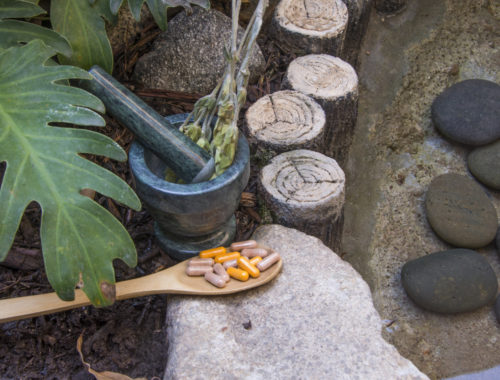Boost
The Real Benefits of CBD
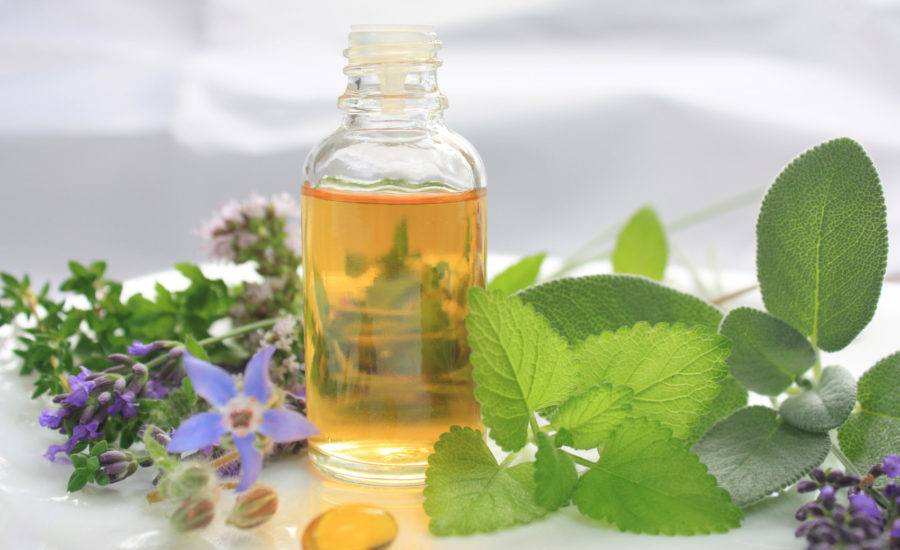
Cannabis products like CBD are becoming readily available for cancer patients, but do they have proven symptom relief benefits?
Research suggests cannabis and CBD (or cannabidiol, a nonpsychoactive byproduct) can help patients manage nausea and pain, improve appetite, and relieve depression and insomnia. But certain misconceptions still remain about their benefits during cancer treatment.
Despite a lack of scientific evidence, more than a quarter of patients surveyed on their cannabis use thought it helped treat their cancer. And while many benefits pass animal studies, they need additional research for human patients.
Here are some tips on using cannabis and CBD products to help manage treatment and cancer-related side effects.
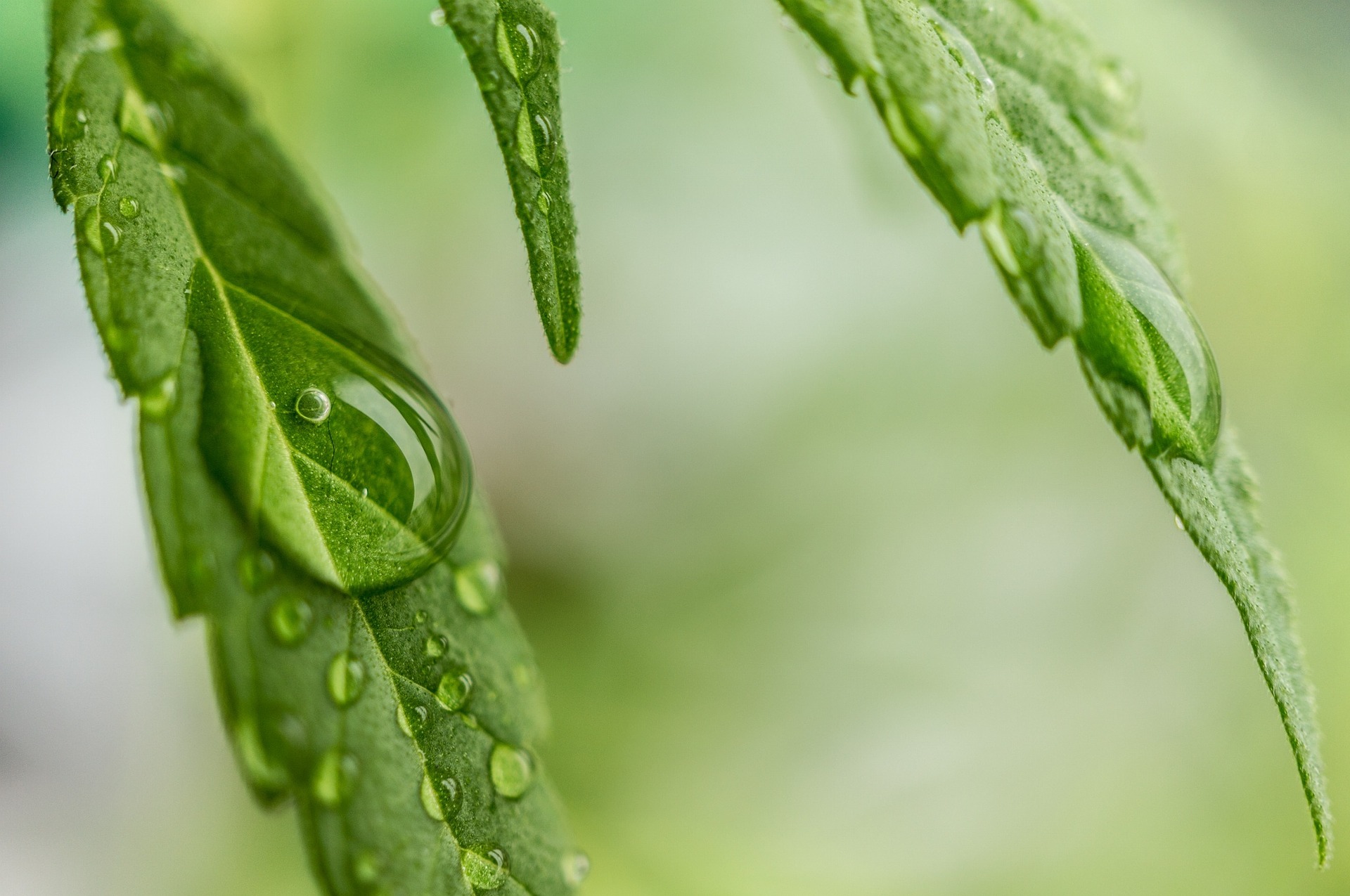
Cannabis vs. CBD
Cannabis, commonly known as marijuana, contains more than 80 active chemicals that affect the body in different ways.
THC is the main psychoactive chemical in the plant that produces its well-known intoxicating effect or “high.” Man-made forms of THC (like dronabinol and nabilone) have been approved for cancer relief in the US since the 1980s.
CBD is another byproduct of cannabis gaining popularity for relieving symptoms without inducing the “high” patients may not want to experience. Some CBD product options include:
- Drops
- Capsules
- Syrups
- Teas
- Lotions
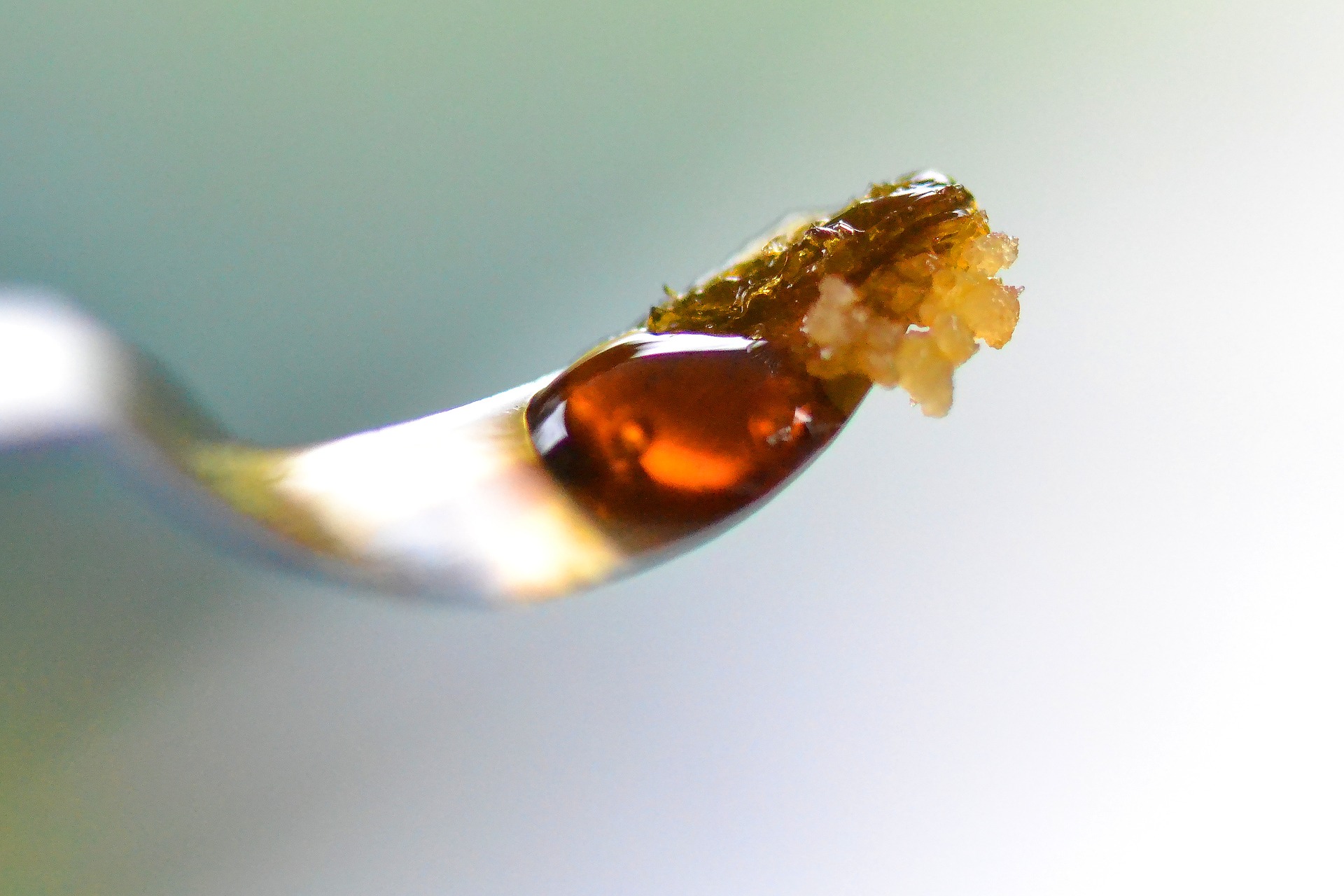
How to Use
The way a patient ingests cannabis or its byproducts can change their effectiveness.
Inhaled
Cannabis and CBD can be inhaled by smoking or using a vaporizer.
- Inhaling provides faster relief (2 to 10 minutes for full effect)
- The effects decline quickly over a period of 30 minutes.
According to the National Cancer Institute, there is currently not enough evidence to recommend inhaling cannabis as a treatment for cancer- or treatment–related side effects.
Oral
Oils and tinctures can be added to food and beverages or taken directly by mouth. However, when taken by mouth, digestion affects how the body absorbs these chemicals.
- Oral products may produce different or negligible effects
- Effects come on slower and last longer (1 to 6 hours for full effect)
Oromucosal Spray
A growing number of clinical trials are studying a form of cannabinoid extract that can be sprayed under the tongue.

Side Effect Benefits
Mood & Sleep Management
Both THC and CBD show potential for improving sleep quality and mood.
- For oral THC, patients reported improved mood and sense of well-being, less anxiety, and increased sleep.
- CBD was effective for treating anxiety and stress in several animal studies.
- CBD also showed antidepressant effects in an animal model.
- Current evidence indicates CBD has great potential as a treatment for multiple anxiety disorders, but research on long term effects is still needed.
Nausea & vomiting relief
For some patients, oral cannabis products were more effective than conventional medications for relieving nausea and vomiting caused by chemotherapy.
- Currently, two FDA-approved THC medications (dronabinol and nabilone) are available for patients who don’t responded to standard options.
- CBD shows promise in animal studies for managing nausea and vomiting, but needs more research for human patients.
- Studies on nausea/vomiting benefits for inhaled cannabis have mixed results.
- Patients receiving very low or very high nausea/vomit-inducing treatments may not experience the same benefits for these chemicals.

Appetite Stimulation
Many animal studies find that cannabis byproducts can stimulate appetite and increase food intake, particularly THC.
There are no published studies for inhaled cannabis on appetite loss in cancer patients. But studies on healthy people show that they consume more calories, especially high-fat and sweet snacks.
- Research on CBD’s appetite benefits are currently limited.
- CBD caused less appetite increase than THC, according to a study comparing different cannabis strains.
- Oral THC shows mixed results for stabilizing weight during cancer treatment, but it gave patients a better experience.
- Food tasted better, appetite increased, and patients consumed more protein.
Pain Management
According to both human and animal studies, cannabis products may prevent nerve problems (pain, numbness, tingling, swelling, and muscle weakness) caused by some chemotherapy.
- Studies looking at the effects of oral THC on cancer pain had substantial positive results.
- Based on studies so far, only a combination of CBD and THC (not CBD alone) had pain relief benefits for human patients.
- Inhaled cannabis reduced pain more than a placebo in trials for patients with pain caused by medical conditions like HIV.
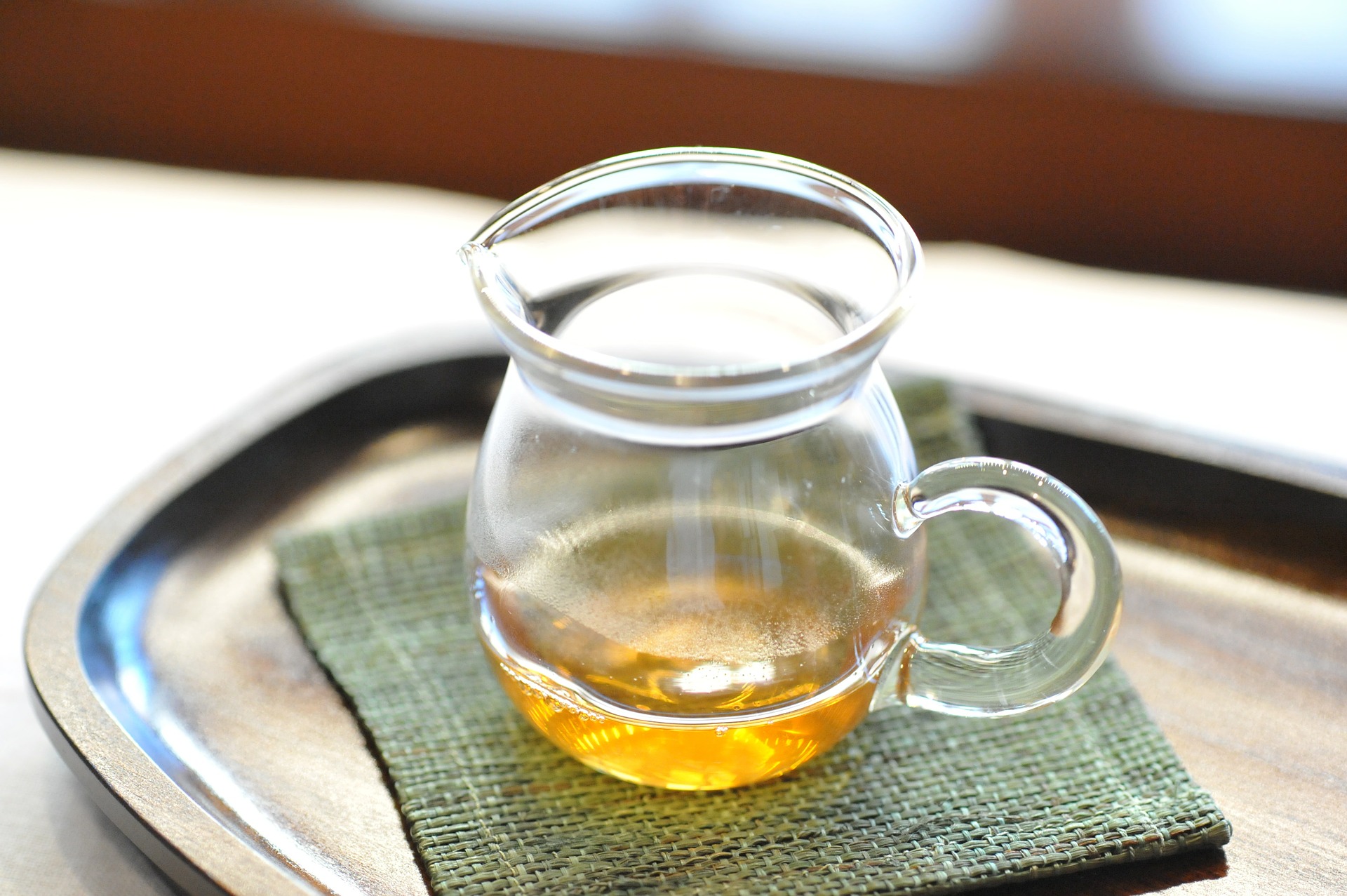
Takeaway: Use CBD to Relieve Nausea & Improve Mood
Research is ongoing for the full benefits of cannabis and CBD as side effect relief options. Most current findings come from animal studies, but show CBD benefits for:
- Nausea and vomiting relief
- Mood improvement
Currently, human studies favor:
- THC for appetite stimulation
- A mix of THC and CBD for pain management.
Human studies have also started to reveal CBD’s potential to relieve pain, depression, and anxiety disorders, but more research is still needed.




